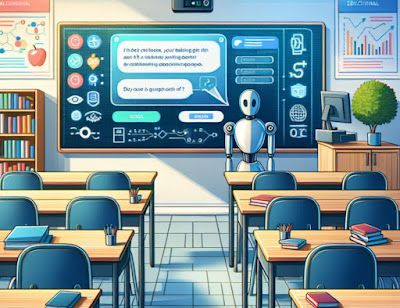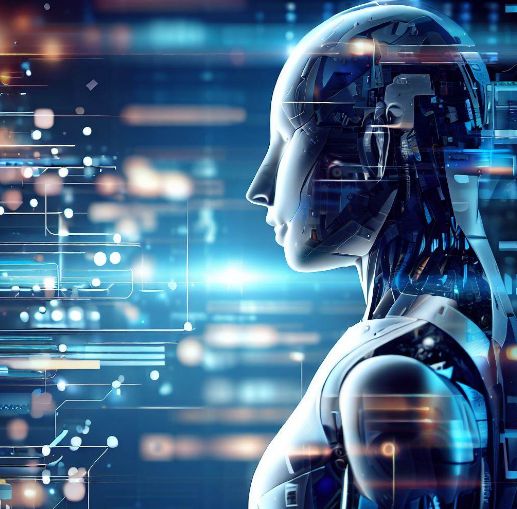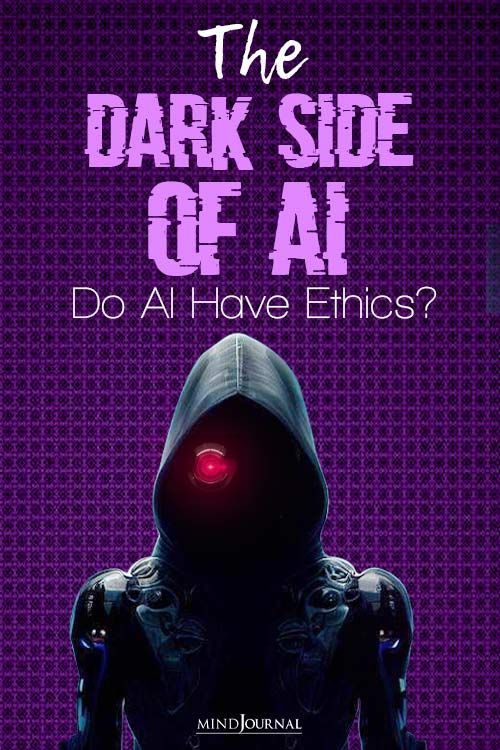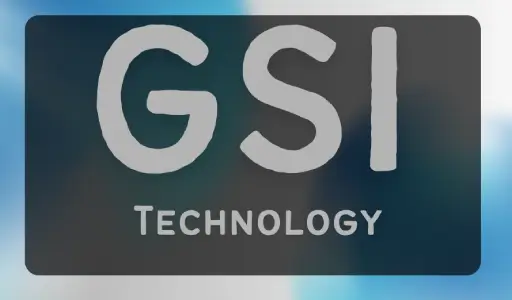The Impact of Future AI on Employment
The Impact of Future AI on Employment is rapidly transforming the landscape of work and employment, posing both opportunities and challenges for individuals and organizations alike. As AI technologies continue to advance and become more integrated into various industries, the implications for the future of employment are profound. This article delves into the impact of future artificial intelligence on employment, exploring current trends, potential consequences for the labor market, strategies for adaptation, ethical considerations, and the evolving outlook for jobs in the age of AI. By examining these key aspects, we aim to provide insights into navigating the complexities of the evolving workplace in the era of artificial intelligence.

Introduction to Artificial Intelligence
Defining Artificial Intelligence
Artificial Intelligence, or AI, is like that friend who is good at solving puzzles but without the need for snacks. It refers to the simulation of human intelligence by machines, where they can learn, reason, and solve problems like we do. Just don’t expect them to laugh at your jokes.
Historical Context and Development of AI
The journey of AI is like a rollercoaster ride of hopes and disappointments. From Alan Turing’s groundbreaking work during World War II to the first chess-playing computer in the ’90s. Today, it’s everywhere, from your phone’s virtual assistant to those pesky recommendation algorithms that know you too well.
Current Trends in AI and Automation
Applications of AI in Various Industries
AI is the cool kid that everyone wants to hang out with in the business world. It’s revolutionizing industries like healthcare, finance, and even agriculture. AI is the secret sauce behind many success stories, from diagnosing diseases to predicting market trends.
The Rise of Automation and Robotics

Robots aren’t just futuristic beings in sci-fi movies anymore; they’re your coworkers. Automation is on the rise, from self-driving cars to cashier-less stores. It’s changing the way we work and live, offering efficiency but also raising eyebrows about job security.
Potential Impacts of AI on the Labor Market
Job Displacement vs. Job Creation
AI is like a double-edged sword when it comes to jobs. While it can automate repetitive tasks and boost productivity, it also raises concerns about job displacement. The debate rages on: will AI create more jobs than it takes away. Only time will tell.
Skills in Demand in an AI-driven Economy
In the era of AI, adaptability is the name of the game. As machines take over certain tasks, humans need to level up their skills. Creativity, critical thinking, and emotional intelligence are the new MVPs in the job market. So, dust off those creative thinking caps and get ready for the future.
Challenges and Opportunities for Employment in the AI Era
Addressing the Skills Gap
The gap between the skills needed and those possessed by the workforce is widening in the AI era. Upskilling and reskilling are the superheroes we need to bridge this gap. Companies and individuals alike need to invest in continuous learning to stay relevant in the ever-evolving job market.
Enhancing Human-Machine Collaboration
Humans and machines, a match made in tech heaven. Collaboration between humans and AI can unlock a world of possibilities. By leveraging the strengths of both, we can achieve feats that were once unimaginable. So, get ready to embrace the era of human-machine harmony and let the partnership flourish.
Strategies for Adapting to AI-Driven Changes in the Workplace
Upskilling and Reskilling Initiatives
In a world where AI is reshaping industries, investing in upskilling and reskilling programs becomes essential. By enhancing current skills or acquiring new ones, employees can stay competitive in the evolving job market.
Promoting Lifelong Learning and Continuous Development
Encouraging a culture of lifelong learning within organizations can help employees adapt to the changing landscape of work. Embracing continuous development ensures that individuals remain agile and responsive to emerging technologies.
Ethical Considerations in AI Deployment

Data Privacy and Security Concerns
As AI becomes more prevalent in the workplace, safeguarding data privacy and security is paramount. Companies must prioritize protecting sensitive information and implementing robust security measures to build trust with employees and customers.
Fairness and Transparency in AI Algorithms
Ensuring fairness and transparency in AI algorithms is crucial to mitigate biases and discrimination. By promoting ethical AI practices, organizations can uphold integrity and accountability in their decision-making processes.
Future Outlook for Employment in a World of AI
Emerging Job Roles in AI and Technology
The rise of AI creates new opportunities for job roles in areas such as data science, machine learning, and AI ethics. Embracing these emerging roles can pave the way for innovative career paths and professional growth.
Potential Societal Implications of AI Adoption
As AI integration accelerates, it is vital to consider the broader societal impact. Addressing issues related to job displacement, income inequality, and ethical dilemmas can shape a more inclusive and sustainable future for all.
Conclusion:
Adapting to the transformative power of AI requires a proactive approach that emphasizes continuous learning, ethical considerations, and a forward-thinking outlook. By embracing change and fostering a culture of innovation, individuals, and organizations can navigate the evolving landscape of work with confidence and resilience. In conclusion, as artificial intelligence reshapes the landscape of work, it is essential for individuals and organizations to proactively prepare for the changes ahead.
By embracing lifelong learning, fostering human-machine collaboration, addressing ethical considerations, and staying attuned to emerging job roles, we can navigate the future of work in the age of AI with resilience and adaptability. The evolving relationship between AI and employment offers both challenges and opportunities and by staying informed and agile, we can harness the potential of AI to create a more sustainable and inclusive future workforce.



